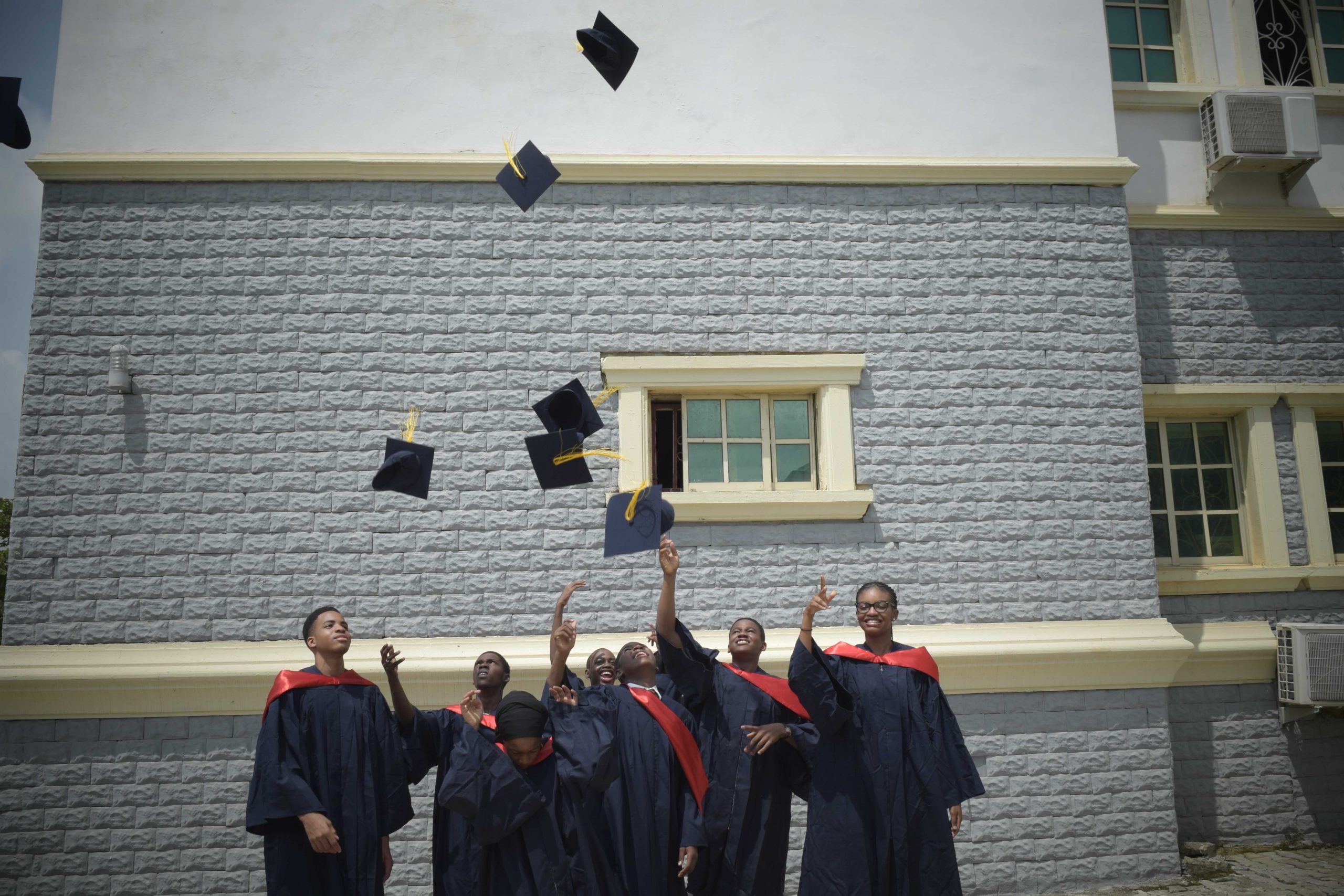The schooling system in Nigeria faces numerous challenges that hinder the quality of education and the overall development of students. These issues are multifaceted and require comprehensive solutions to create a more effective and equitable education system.
1. Inadequate Infrastructure
Many schools in Nigeria lack basic infrastructure, such as classrooms, libraries, and laboratories. This creates an unconducive learning environment for students.
Solution: The government and private sector should invest in building and renovating school facilities. Public-private partnerships can help mobilize resources for infrastructure development.
2. Insufficient Funding
Education in Nigeria is often underfunded, leading to a shortage of teaching materials, outdated textbooks, and inadequate teacher salaries.
Solution: Increase the education budget to ensure adequate funding for schools. Implement transparent and accountable mechanisms to ensure funds are used effectively.
3. Teacher Shortage and Training
There is a significant shortage of qualified teachers, and many existing teachers lack proper training and professional development opportunities.
Solution: Recruit and train more teachers, offering competitive salaries and benefits to attract talent. Provide ongoing professional development programs to enhance teaching skills.
4. Curriculum Relevance
The curriculum in many Nigerian schools is outdated and does not adequately prepare students for the modern workforce.
Solution: Revise the curriculum to include contemporary subjects such as technology, entrepreneurship, and critical thinking. Engage industry experts in curriculum development to ensure relevance.
5. Examination Malpractice
Examination malpractice is a pervasive issue that undermines the integrity of the education system.
Solution: Implement strict measures to curb examination malpractice, including the use of technology for monitoring and the establishment of independent examination bodies.
6. Access to Education
Many children, especially in rural areas, do not have access to quality education due to factors such as poverty, distance, and cultural barriers.
Solution: Implement policies that promote inclusive education, such as providing scholarships, building schools in remote areas, and raising awareness about the importance of education.
7. Gender Disparity
There is a significant gender disparity in education, with girls often facing more barriers to schooling than boys.
Solution: Promote gender equality in education by providing scholarships for girls, creating safe school environments, and addressing cultural norms that hinder girls' education.
8. Poor Governance and Corruption
Corruption and poor governance in the education sector lead to mismanagement of resources and hinder progress.
Solution: Establish transparent and accountable governance structures in the education sector. Implement anti-corruption measures and ensure strict enforcement.
9. Lack of Vocational Training
The education system often focuses on theoretical knowledge, neglecting vocational and technical training that can equip students with practical skills.
Solution: Integrate vocational training into the school curriculum and establish vocational training centers. Partner with industries to provide hands-on training and apprenticeships.
10. Parental Involvement
Parental involvement in education is often limited, affecting students' motivation and performance.
Solution: Encourage parental involvement through regular communication between schools and parents, parent-teacher associations, and community engagement programs.
Addressing these challenges requires a collaborative effort from the government, private sector, educators, parents, and the community. By implementing these solutions, Nigeria can create a more robust and equitable education system that empowers students and prepares them for the future.

